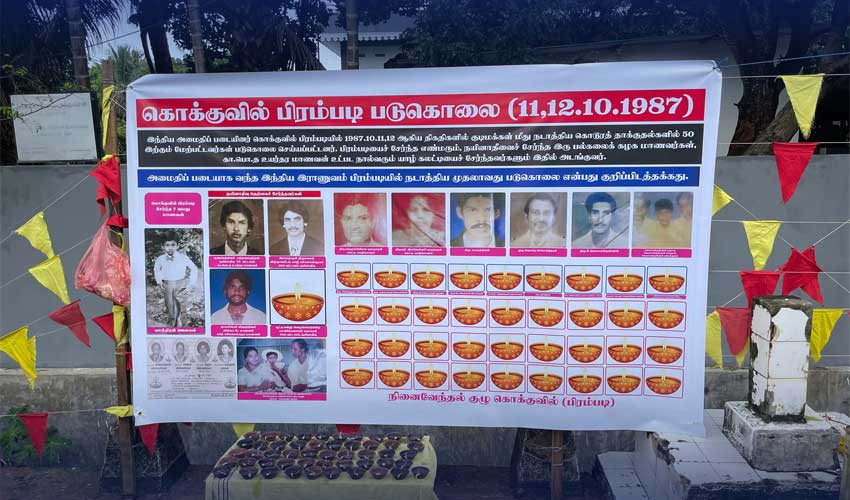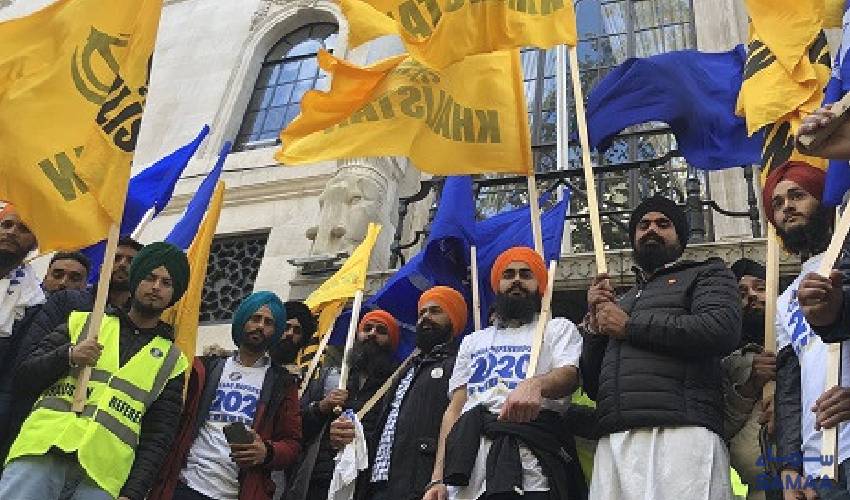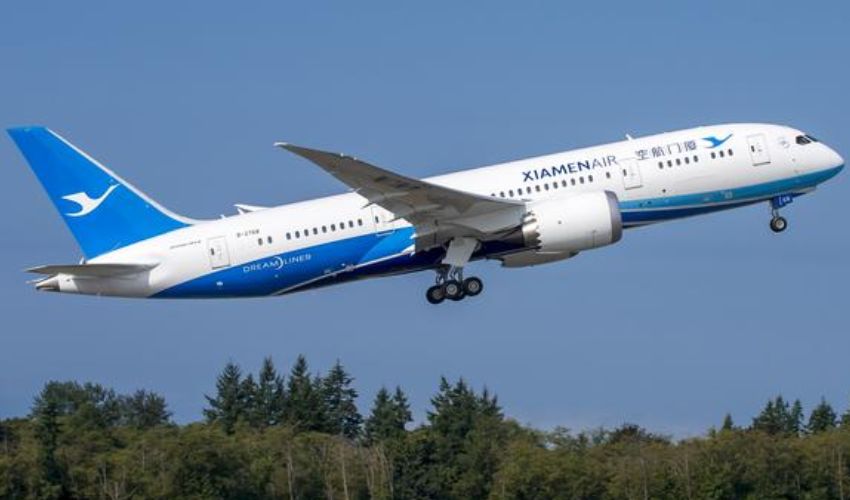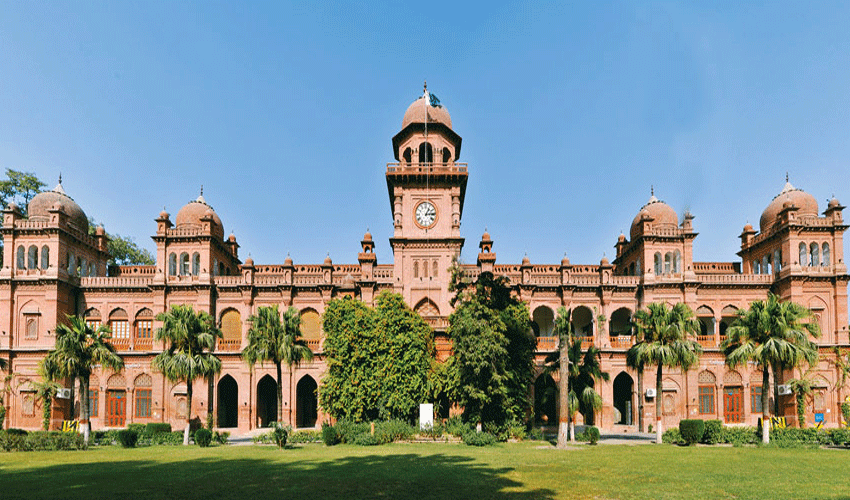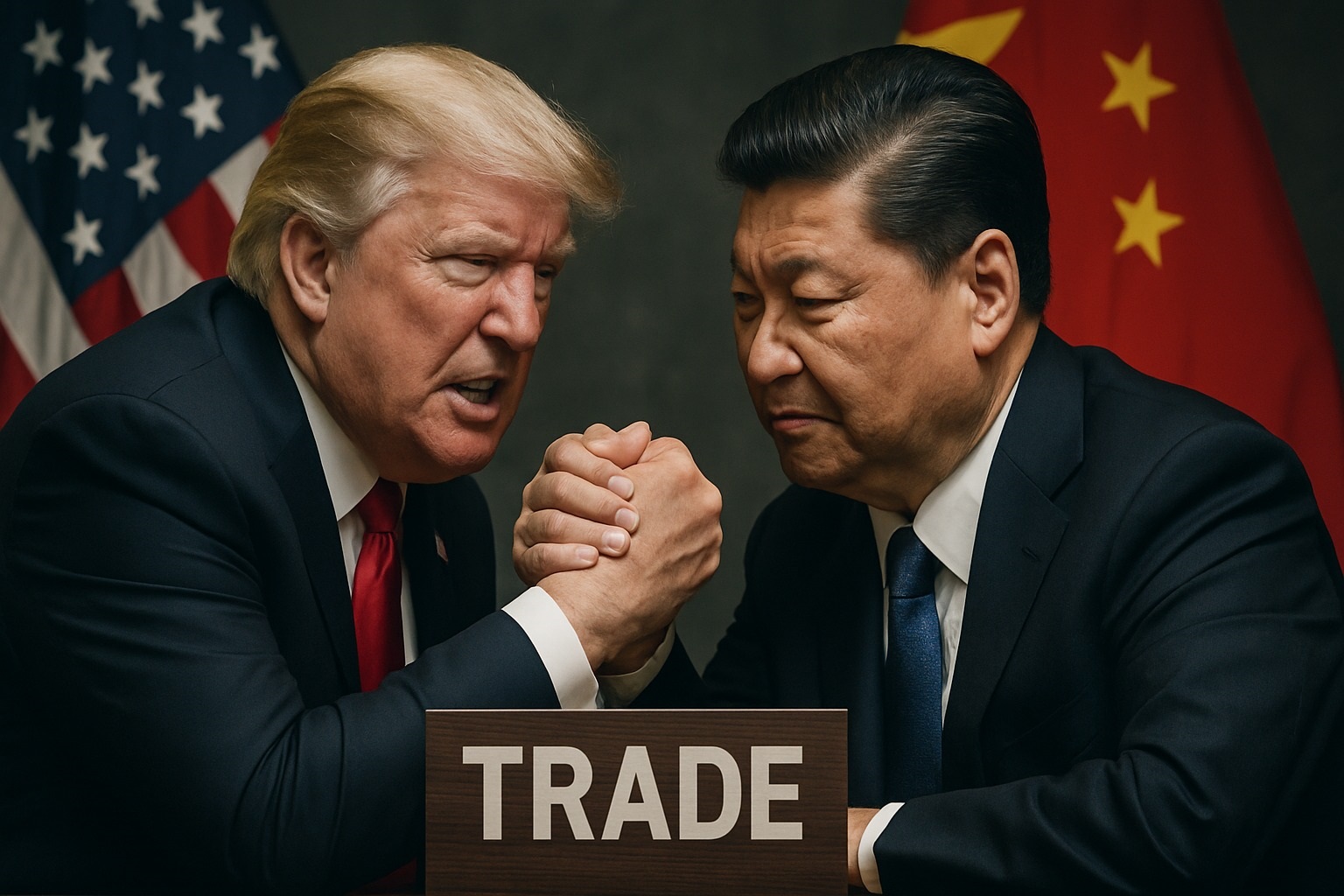October 21 marks the 37th anniversary of the Jaffna Hospital massacre in Sri Lanka, where 47 Tamil patients and 21 doctors were killed by Indian peacekeeping forces on October 21, 1987. The incident remains a significant point of contention in the history of Indian intervention in Sri Lanka's civil conflict.
According to eyewitness accounts, Indian soldiers entered the hospital, carried out the killings, and subsequently burned the bodies. In 2008, the Sri Lankan government officially classified the Jaffna massacre as a serious crime against humanity.
The Jaffna Hospital incident was not isolated. Reports indicate that Indian forces were involved in several other civilian casualties during their presence in Sri Lanka. These include the deaths of 64 unarmed civilians in Valvettithurai in 1987, 40 in Chavakachehri in 1988, and over 40 in Kokkuvil in 1989.
These events led to a shift in local perception of the Indian peacekeeping mission. Tamil civilians began referring to the Indian Peace Keeping Force (IPKF) as the "Indian People Killing Force," reflecting growing resentment towards their presence.
The massacres reportedly fueled retaliatory actions from Tamil groups, eventually contributing to the withdrawal of Indian forces from Sri Lanka. Human rights organizations have cited these incidents as examples of serious human rights violations committed during the Indian military presence in Sri Lanka.
The anniversary serves as a reminder of the complex and often tragic history of external intervention in Sri Lanka's internal conflicts, and the long-lasting impact such events can have on international relations and local communities.





